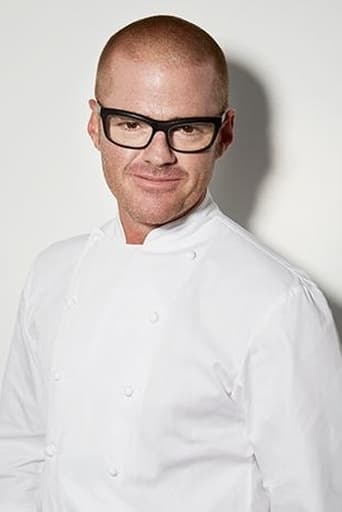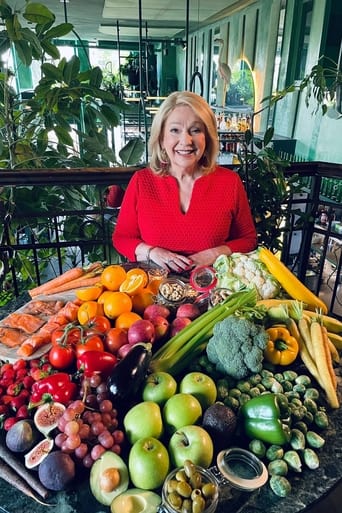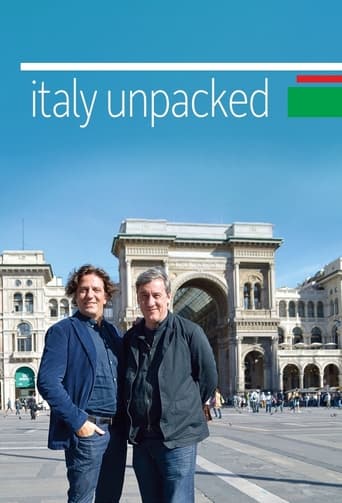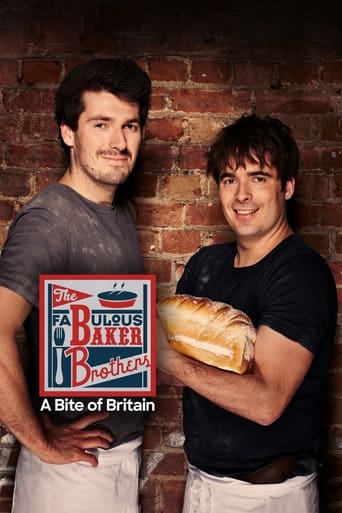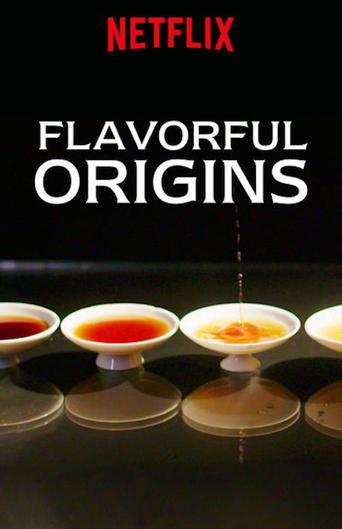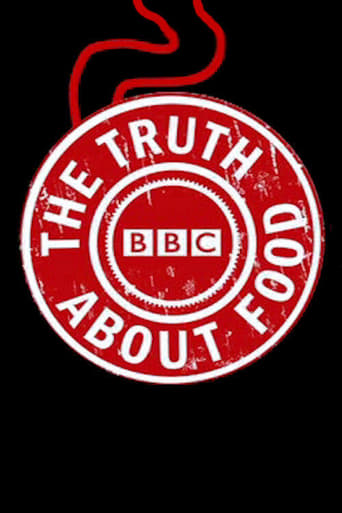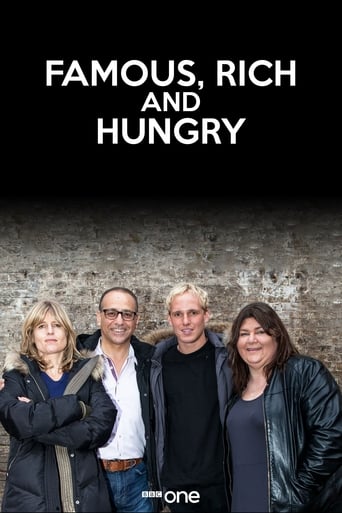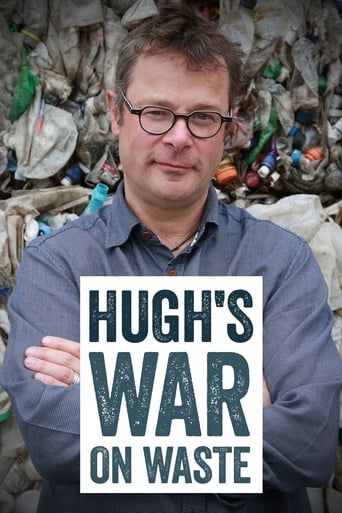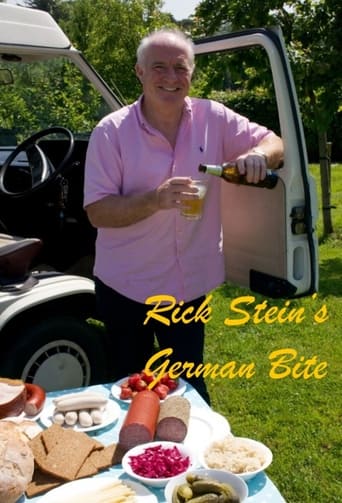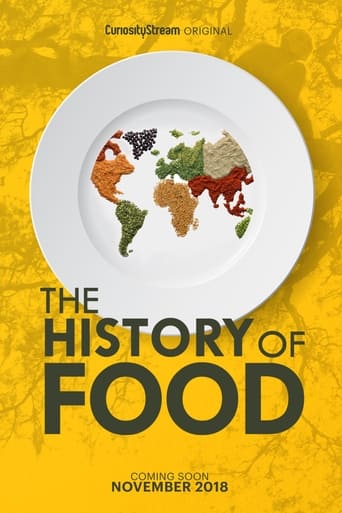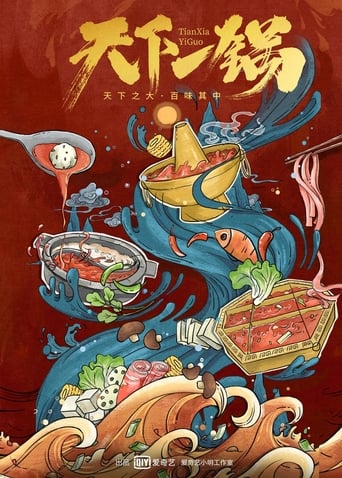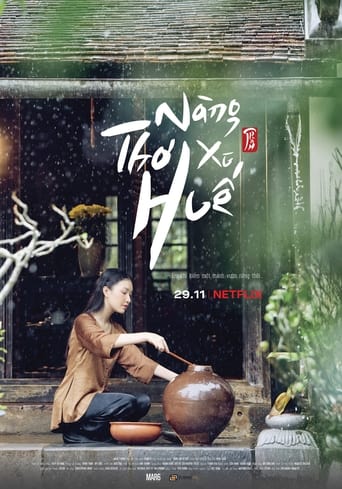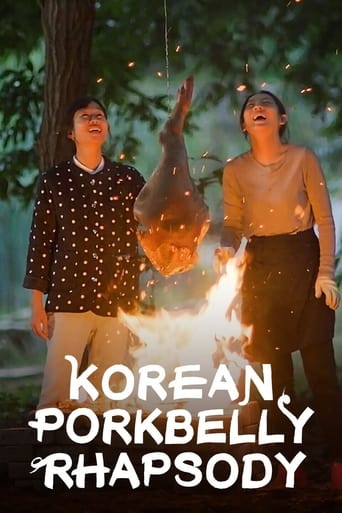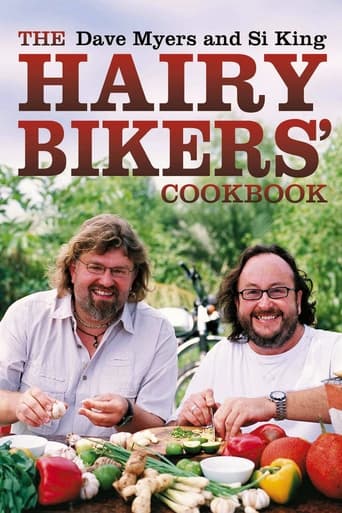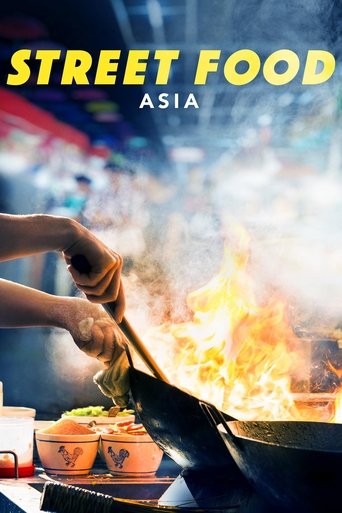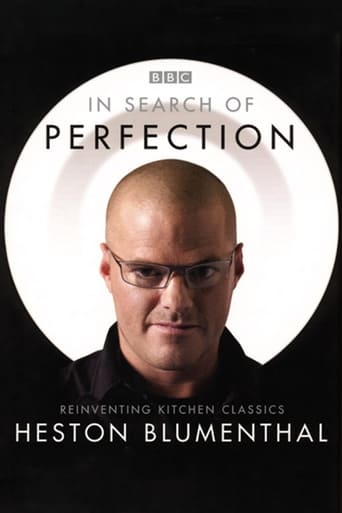
Risotto
Heston took on an Italian favourite - risotto. He visited Gualtieri Marchesi in Lombardy, Italy, whose saffron risotto with gold leaf has earned him three Michelin stars. Then, having paid respects to the old guard, he visited a new-wave Italian chef, Carlo Cracco, who flavours his risottos with some extraordinary ingredients, including instant coffee and anchovies. Heston visited two of Italy's top rice producers, before returning home to decide on what he was going to do with this most simple of dishes - it turns out to be one of his biggest challenges.
Country: GB
Language: En
Runtime: 30
Season 2:

In the first episode, Heston turned his attention to Chicken tikka masala. The search started at his local curry house in Cookham, Berkshire, but soon took him to Delhi where he tried to unravel the complicated roots of this dish. On returning to his restaurant in Bray, Heston tried to build his own tandoor but soon realised that most people aren't able to dig a five-foot-deep hole in the ground and line it with fire bricks. So, he came up with a more accessible solution - a barbecue, but with a few bespoke alterations. In Cambridge, Heston put a chicken breast through a magnetic resonance imaging (MRI) scan to see how a marinade affects the meat as he tried to create the perfect sauce.

Heston tackled an American icon that has taken over the world, the hamburger. He started his research at Louis' Lunch in New Haven, Connecticut, where hamburgers have been served since 1898. In New York City Heston does something he hasn't done for over a decade - he eats a Big Mac - before sitting down to chat with top American chef Thomas Keller at his café, Bouchon Bakery. There he enjoyed an inspirational burger made from wagyu beef encased in a buttery brioche. Back home he got to grips with blending three cuts of beef and comes up with a unique method for grinding that really will make your burger melt in the mouth.

Heston's quest to recreate some of Britain's best-loved dishes took him to Beijing, the home of Peking duck to visit two of its most famous duck restaurants - the traditional Quanjude and the cutting-edge Dadong. Back home Heston decided to present his Peking duck in three courses with eight separate dishes. He visited a duck producer in Ireland who supplies 98 per cent of all ducks to Chinese restaurants in Britain and found out why the characteristics of their breed make them ideal for cooking Peking duck. Heston then tackled the complex problem of achieving the perfect crispy duck skin without drying out the meat in his lab in Bray.

Heston was determined to encapsulate all he loves about the seaside into his perfect fish pie. He started out in Scotland where he went aboard a Glasgow University research vessel to find out how one of the UK's biggest seafood catches, langoustines, can be affected by stress. Then it was time to deal with the other fish - salmon and haddock, both of which he cured in a seaweed and salt mix before heading to the DIY store to buy a squirrel cage (which he needed to smoke his haddock!). Then it was time to draw on Heston's affection for the seaside. Heston created 'sand and sea water' that turned the top of this fish pie into an edible beach. Finally, at Oxford University, we found out why it is that what we hear has such an impact on what we taste: test out the theory yourself by listening to the sound of the sea while eating fish pie. Also, find out more about sensory perception.

Heston took on a 1970s dessert trolley classic, baked Alaska. His research started at Delmonico's restaurant in New York City, said to be where this dessert was invented. Next his obsession with combining hot and cold in the same dish led him to the work of food scientist Nicolas Kurti, who inspired Peter Barham at Bristol University. Heston and Peter tried to create a hot jam centre - a kind of reversed baked Alaska - to interesting effect. The next challenge was the meringue. The key to perfecting this was finding the type of egg that will give the ultimate insulation for the ice cream inside, so it was back to the lab for some more experiments

Heston Blumenthal went in search of the perfect chilli con carne in last week's programme. He joined the crowds at a chilli cook-off in downtown Washington DC before heading back to Bray to test several types of dried chillies, including Somalian hot and devil's penis chillies, before creating his own spice blend. Heston took one of his chefs for an MRI scan to discover the effect that feeding him chilli oil nine times stronger than any natural chilli has! The ingredients that went into Heston's final dish were whiskey, beef short-ribs and a curious blend of spices, all accompanied by a sour cream sorbet and a sweetcorn muffin.

Heston took on an Italian favourite - risotto. He visited Gualtieri Marchesi in Lombardy, Italy, whose saffron risotto with gold leaf has earned him three Michelin stars. Then, having paid respects to the old guard, he visited a new-wave Italian chef, Carlo Cracco, who flavours his risottos with some extraordinary ingredients, including instant coffee and anchovies. Heston visited two of Italy's top rice producers, before returning home to decide on what he was going to do with this most simple of dishes - it turns out to be one of his biggest challenges.

In the final episode of the series Heston took on the trifle. His journey started with a Bird's trifle. Less than impressed with it, Heston went back to the roots of this dish and visited food historian Ivan Day. Together they made a version of syllabub (the basis of English trifle) by milking a cow straight into a bowl of cider! Ivan explained the evolution of trifle from its 16th century roots through to a dish that we might recognise as trifle.

